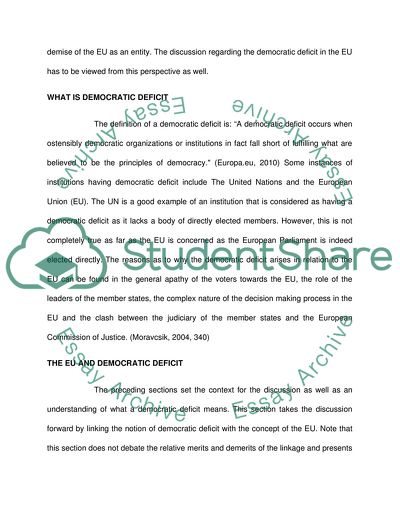Cite this document
(The Democratic Legitimacy of European Governance Dissertation, n.d.)
The Democratic Legitimacy of European Governance Dissertation. Retrieved from https://studentshare.org/law/1739829-politics-of-the-european-union
The Democratic Legitimacy of European Governance Dissertation. Retrieved from https://studentshare.org/law/1739829-politics-of-the-european-union
(The Democratic Legitimacy of European Governance Dissertation)
The Democratic Legitimacy of European Governance Dissertation. https://studentshare.org/law/1739829-politics-of-the-european-union.
The Democratic Legitimacy of European Governance Dissertation. https://studentshare.org/law/1739829-politics-of-the-european-union.
“The Democratic Legitimacy of European Governance Dissertation”, n.d. https://studentshare.org/law/1739829-politics-of-the-european-union.


